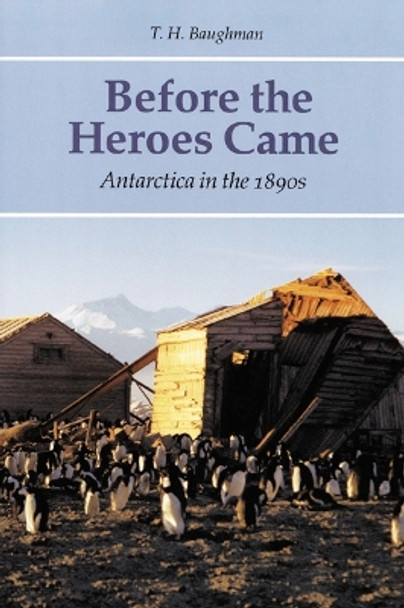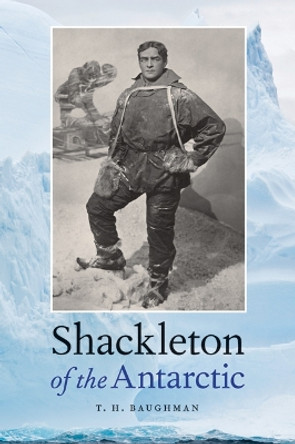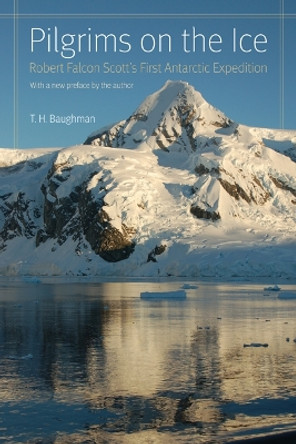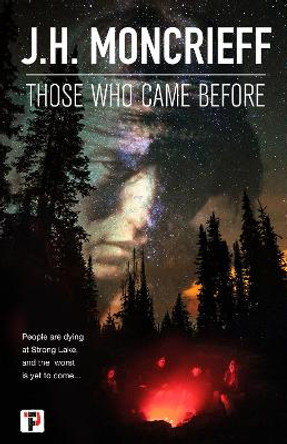Although the Antarctic ice pack and some offshore islands had been sighted and even landed upon briefly as early as the 1820s, it was not until an eccentric Anglo-Norwegian explorer, Carsten F. Borchgrevink, went ashore in 1895 that a human being set foot on the Antarctic continent. Borchgrevink, snubbed by the British establishment, had stolen a march on several planned competing expeditions from Germany and Scandinavia. Borchgrevink returned to Antarctica in 1899 with a party that was the first to winter over on the continent. Regrettably, bad weather and unscalable mountains limited their forays inland. Borchgrevink's survival was proof that with adequate supplies, the Antarctic winter was survivable, and that with a better geographic position, the enormous unknown of the continent could be investigated. Borchgrevink galvanized the British geographical authorities who had come to consider polar exploration their exclusive province. Led by Sir Clements Markham of the Royal Geographic Society, the British keenly felt his blow to their national pride delivered by an explorer they regarded as an arrogant upstart. The RGS pushed forward with its plans, and a tragic competition to be the first to reach the South Pole was set in motion between the British and the Scandinavians. This work is an account of the first tentative human gropings in Antarctica, concentrating on the coalescing of official and popular attitudes that later resulted in the polar races of Robert Falcon Scott and Roald Amundsen, which dominate the story of the "Heroic Era" of Antarctic exploration, from 1901 to 1922.
An account of the first tentative human contact with AntarcticaAbout the AuthorT. H. Baughman is chair of the History Department at Benedictine College. He is the author of
Pilgrims on the Ice: Robert Falcon Scott's First Antarctic Expedition (Nebraska 1999).
Reviews"A history of human experience in the [Antarctic] in the second half of the 19th century . . . There was courage, of course, a good deal of romanticism, vanity, competition, spitefulness, and other entirely human qualities displayed by these early visitors. . . . [The book] is very well written, as well as good history."-
Choice"A long overdue appreciation of . . . pioneering ventures in the far south. . . . A well-researched book that gives a fresh picture of the personalities and influences behind exploration in the late 19th century."-
ScienceBook InformationISBN 9780803261631
Author T. H. BaughmanFormat Paperback
Page Count 160
Imprint Bison BooksPublisher University of Nebraska Press
Weight(grams) 270g







